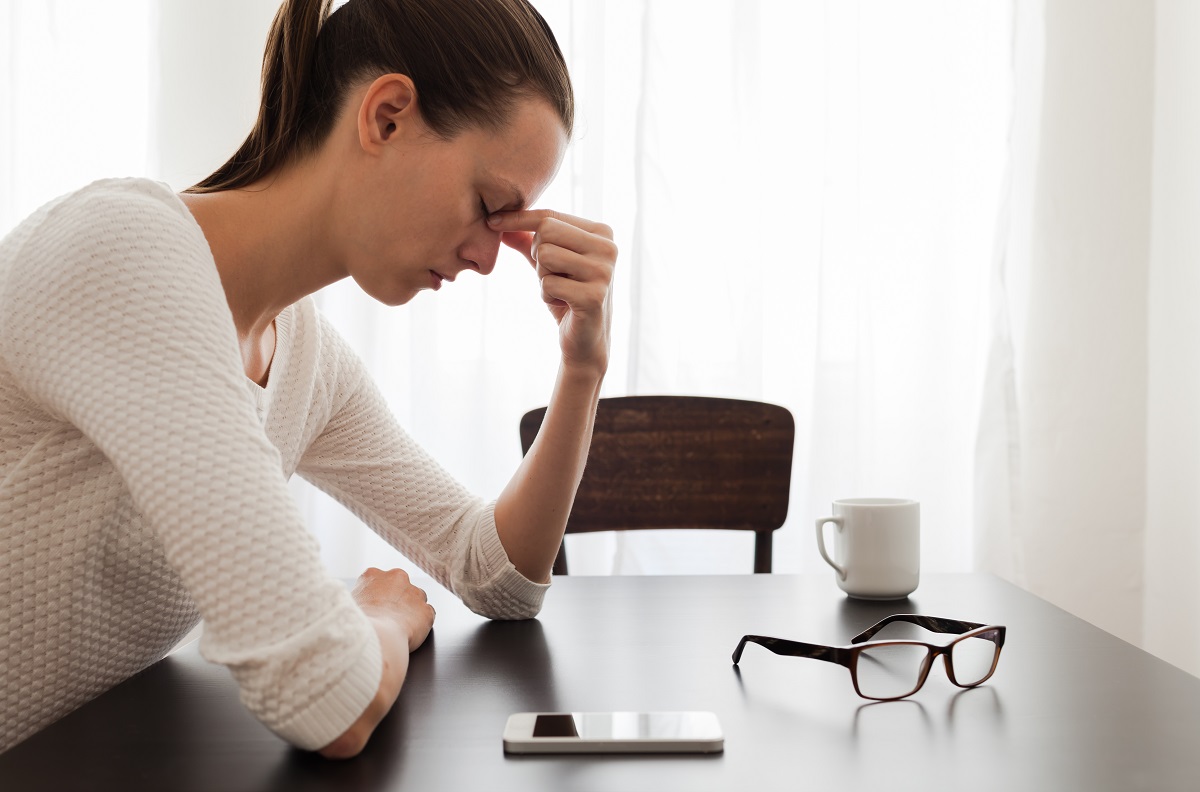If you’ve ever had that feeling of standing up and getting dizzy right after hours of taking a nap, you might be lightheaded, and you might have a lack of balance. Getting dizzy right after standing upright from being in a resting position is one of the most common symptoms of a balance problem.
So what can we do to restore balance in our lives? What are the main causes of imbalance, and how do you treat it? We’ll be taking a look at what the lack of balance entails and what you can do.
What is a Balance Disorder?
As the name suggests, this disorder is often caused by a lack of balance and is considered a disability. This is often characterized by feelings of being nauseated, dizzy, and light-headed. Most of the time, those that have a balance disorder will feel that they’re about to tip over. In some cases, it feels like you’re “floating” or spinning around even if you’re lying on your back.
Symptoms of Imbalance
Aside from just the usual wobbly feeling and dizziness, here are some other symptoms that are often related to balance disorders:
- Vertigo, not just in heights, but also a sensation of spinning.
- When you feel like you’re about to fall over.
- Lightheadedness and the sense that you’re currently floating around.
- Impaired vision characterized by blurring and hearing loss
- Clumsiness and difficulty navigating in dark places.
Several symptoms such as nausea, vomiting, diarrhea, and sudden changes in blood pressure are also known for being symptoms of balance disorders. The duration for each symptom can last from just a short time to longer bouts, depending on your current condition.
Balance disorders are usually considered disabilities. If this is the case, your work or business organization might have benefits that are related to disabilities. But other than that, there are also disability benefits that can help you make social security disability appeals. These advocates are a great way of increasing the likelihood of your appeal being accepted.

Causes of Imbalance
Contrary to what most people think, there are a variety of causes of imbalance and it is not necessarily just caused by one factor. Since this can be a result of different medical conditions, it’s important that we discuss what most of these conditions entail and how they affect the body.
Most experts would say that these causes are divided into categories that correspond to different systems of the body, such as central vestibular disorders, peripheral vestibular disorders, vascular disorders, and systemic disorders. Some of the causes include:
- BPPV – This stands for Benign paroxysmal positional vertigo and is a result of calcium carbonate crystal (or otoconia, for short) and is responsible for controlling balance. When it’s dislodged, this can lead to the loss of balance when walking or having a spinning sensation.
- Vestibular neuritis – This occurs when vestibulocochlear nerves, which is a nerve that transmits impulses towards the brain will become inflamed. This will usually happen when the nerves that you’ll have won’t be able to send proper information to your brain which can cause you to become confused and disoriented in some cases. One of the main symptoms of this disease to your nervous system is the inability to walk.
- Head Injury and trauma – This is one of the factors that can cause a loss of balance, especially when walking. Ultimately, this is determined by the type of injury or concussion.
- Meniere’s disease – Your ears will usually determine your balance. This disease will cause a variety of severe balance diseases as well as ringing in your ears. Although, it’s known for being quite rare and the origins of such a disease are not really known.
Treating Balance Disorders
Fortunately, there are a variety of ways of treating balance disorders. The following can be done:
- Therapy program – There are several specialized exercises or therapy programs that can help improve and reduce problems with your balance or stop the dizziness. Usually, this is done with the supervision of a medical professional who is trained in vestibular rehabilitation.
- Epley maneuver – This is a series of head and chest exercises that are aimed to reposition your semicircular canals, which are fluid-filled tubes that are responsible for your balance.
- Lifestyle changes – Most would say that alcohol intake and smoking can cause problems with your overall health. Making changes to your lifestyle by working out and having a healthier diet can decrease the likelihood of balance problems.
There are a variety of ways of addressing the lack of balance. Still, it’s important to note that there might be different medical conditions that might be causing the lack of balance. If you’re in doubt, consulting a medical practitioner is the best course of action.



















